Compare bank accounts
Compare bank accounts with $0 account fees, $0 ATM fees, instant payments with PayID and a free debit card for day-to-day purchases.
We’re reader-supported and may be paid when you visit links to partner sites. We don’t compare all products in the market, but we’re working on it!
The right bank account can help you manage your day-to-day expenses, pay your bills, receive your salary or wages and let you make purchases where and when you want all over the world using your own money.
If you're looking for a new bank account, you've come to the right place. You can compare a range of bank accounts here and open one online for free in minutes. Plus, you'll be glad to know that your deposit up to $250,000 in any of the Australian bank accounts below is guaranteed by the government, so your money is in safe hands.
Read more on this topic
- Compare Delphi Bank savings accounts
Delphi Bank offers a range of personal banking products for customers in Australia.
- Compare Citibank Australia transaction and savings accounts
Citibank offers a range of personal banking products for customers in Australia.
- Great Southern Bank Home Saver Account
The Home Saver Account offers an ongoing bonus rate when you meet the account criteria. Learn how to get the bonus rate and apply online.
- Newcastle Permanent Basic Access Account
The Newcastle Permanent Basic Access account has no monthly fees and may suit you if you don’t make many transactions.
- Virgin Money Go Account
Virgin Money Go bank account: Pay no monthly account fees, earn points as you spend and earn bonus interest on a linked Virgin Money savings account.
- How many bank accounts do I need?
It's common to have a few different bank accounts that each have a different purpose. Here's how you may benefit from having multiple bank accounts and the traps to avoid.
- P&N Bank & Transaction Account
An everyday transaction account with no account keeping fees and access to Apple Pay, Google Pay and Samsung Pay.
- Westpac Life account (for 18-29s)
Earn a market-leading bonus interest rate if you're under 30, and when you meet the account conditions. Learn more about the Westpac Life account and apply online.
- Gateway Bank term deposit
Earn a fixed interest rate on a wide choice of terms with a Gateway Bank personal term deposit.
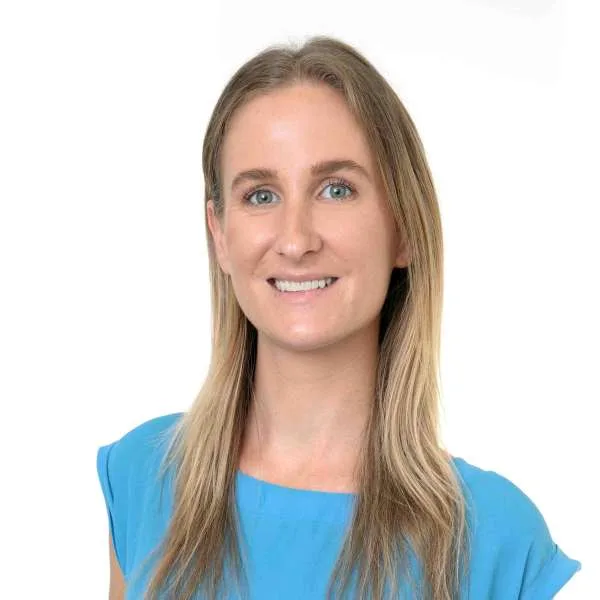
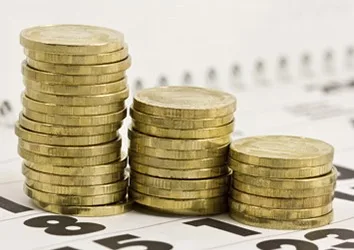
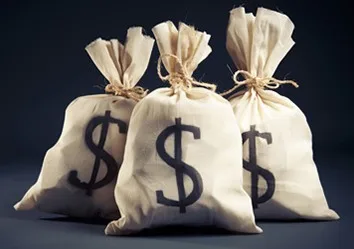
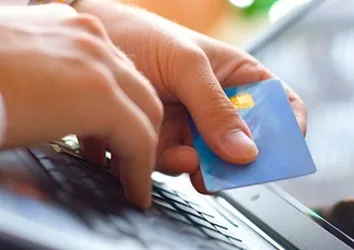

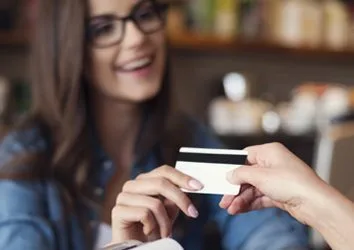

Three people representing a large group of retired people are looking to open a special account to collect money for a specific purpose. The group is not an incorporated association.
Is it possible to open an account on-line with the three members living in different areas in Australia?
Hi Paul,
Thanks for your comment and I hope you are doing well.
We have a page that shows a list of savings accounts for charities, a bank account for a group that collects money for a specific purpose. According to our review, these accounts are designed for Australians who want to passively make their own contributions for the greater good.
On the page, you will find a table that compares the features and benefits and fees. This way it will be easier for you to see which provider fits you best. If you need further help, a quick guide on how to compare community accounts is also stated on the page. You can also click the compare box beside each savings account option and compare up to 4 options side by side for faster comparison. As a friendly reminder, review the eligibility criteria, fees, interest rates, and terms & conditions of the chosen account before applying. You may also contact the bank should you have any questions about their product.
Best,
Nikki
Which banks do not charge unpaid payment fee?
I am using CommBank now and I am really unhappy they charge me unpaid payment fee so I want to change my card.
Hi Shuo,
Thank you for getting in touch with Finder.
Sorry to hear your experience. Please note that the unpaid payment fee/dishonor fee occurs when you set a payment schedule and your account has insufficient amount for that, and even if you change banks you may still experience being charged with the said fee if you forget to put some money on your scheduled payment. It is important that you check your account’s balance from time to time and if there’s a scheduled payment, it is a good idea to get in touch with your bank on how you may prevent this type of charge.
I hope this helps.
Thank you and have a wonderful day!
Cheers,
Jeni
hi
i am 16 years old and i have a casual job that pays about 13$ an hour and i work for about 8-10 hrs a week sometimes more.
Can you please tell me the best bank i should go with, eg interest rate, credit/bonus interest or superannuation, im not sure what exactly they mean but i was hoping you can tell me which bank account i should go with eg ANZ, Commbank, Westpac, NAB or anything else
can you also tell me the difference between debit, mastercard, visa or credit card and which i can get, (i am 16 years old)
thanks
Hi Magid,
Thanks for reaching out.
You can read our guide on savings account for some basic information you need to know.
A debit card is a card that is tied directly to your checking account and you can use the card to a store and make a purchase. That would mean purchases would be drawn directly out of your own funds/checking account.
A credit card is a card issued by a bank that allows you to borrow money in such a way that the bank finances the purchases you make at a store. A credit card will charge you interest if you do not make your payment on an agreed date with the bank.
Visa and Mastercard provide the technology and networks required for processing card payments.
Our comparison table with a list of savings accounts will help you choose which account suits you. When you are ready, you may then click on the “Go to site” button and you will be redirected to the bank’s website where you can proceed with the application or get in touch with their representatives for further inquiries you may have.
Before applying, please ensure that you meet all the eligibility criteria and read through the details of the needed requirements as well as the relevant Product Disclosure Statements/Terms and Conditions when comparing your options before making a decision on whether it is right for you. You can also contact the provider if you have specific questions.
Hope that helps,
Joanne
How do I delete an account I accidentally made ?
Hello Jess,
Thank you for your inquiry. Just would like to confirm if you mean a “bank account”?
If you are, you may contact the bank or the financial institution concerned so that they can initiate the closure.
Hope this helps.
Cheers,
Jonathan
You mention that some banks have a feature to round up the spare change from debit card purchases and automatically sweep that change into a savings account. When I click on the link, there is no filter for this feature. Which banks offer this facility?
Thanks
Hi Encea,
Thank you for your inquiry.
I believe you’re referring to automated savings. If this is the case, you will love reading our guide, “Round up savings accounts and apps.” On the same page, you’ll be able to compare bank accounts with special savings features.
I hope this information has helped.
Cheers,
Harold